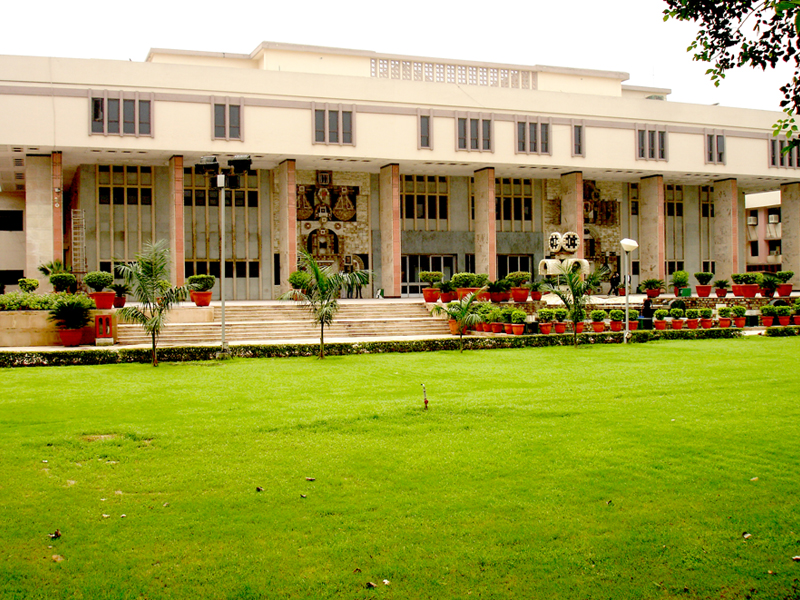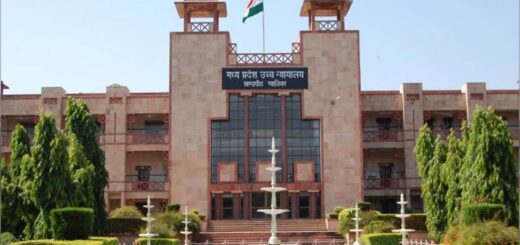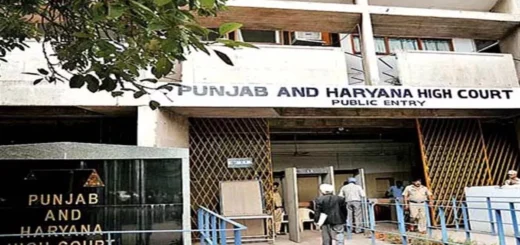Adolescents Are Entitled To Participate In Consensual And Non-Coercive Relationships: Delhi High Court Supports Acquittal In POCSO Case.

The Delhi High Court has highlighted the importance of a caring legal perspective on teenage romantic relationships. It stated that consensual and respectful love among adolescents should not be treated as a crime under the Protection of Children from Sexual Offences (POCSO) Act, 2012. Justice Jasmeet Singh, while handling a POCSO case, noted that young people have the right to build emotional bonds. The legal system should aim to prevent exploitation and abuse instead of punishing consensual relationships. The Court emphasized that love is a basic human experience, and teenagers should be allowed to engage in consensual romantic relationships without coercion. The law needs to adapt to recognize and honor these connections.
Additionally, the Court pointed out that convicting someone under the POCSO Act without clear evidence of the victim’s age would be unfair, especially when the age gap is just one or two years. However, this does not apply if official documents, like school records or parental affidavits, show that the victim is well below the age of consent. The Court supported the trial court’s decision to acquit a man in February 2020 under Section 4 of the POCSO Act. It rejected the prosecution’s appeal, noting that the victim had consistently stated that her relationship with the accused was consensual and confirmed during her testimony that the physical interactions were with her agreement.
The Court ruled in favor of the accused because the prosecution did not prove beyond a reasonable doubt that the prosecutrix was a minor during the incident. The Court emphasized the strict age rules of the POCSO Act, stating that the law does not make a distinction between a minor who willingly enters a romantic relationship and one who is forced. The Court explained, “The POCSO Act was created to protect children. However, it does not differentiate between a girl under 18 who chooses her partner freely. Therefore, any sexual act with such a girl is an offense under the POCSO Act of 2012.”
The Court also noted that if a minor is “certain and unshaken” in her feelings and choices, it would be unjust to ignore her autonomy just because she is under 18. It stated, “…the age of majority must be understood in the context of the law. In cases like this, where the minor is firm in her opinion and desire, it would not be appropriate to dismiss her views simply because she is not yet 18, being only 16 years, 10 months, and 21 days old.” Thus, the Court concluded, “I believe the prosecution has not proven beyond a reasonable doubt that the prosecutrix is a minor and that she consented to the relationship. For these reasons, I find that the judgment from 10.02.2020 by the learned ASJ-04 (POCSO), South-West, Dwarka Courts, New Delhi in SC No. 440648/2016, related to FIR No. 317/2014 at PS Jaffarpur under Section 4 of the POCSO Act, is well-reasoned and does not need any changes.”
Cause Title: State v. Hitesh [Neutral Citation No. 2025: DHC: 944]
Appearance:
Petitioner: APP Yudhvir Singh Chauhan
Respondent: Advocates Vinay Kumar Sharma, Prince, Aaditya, Ritu Kumari









